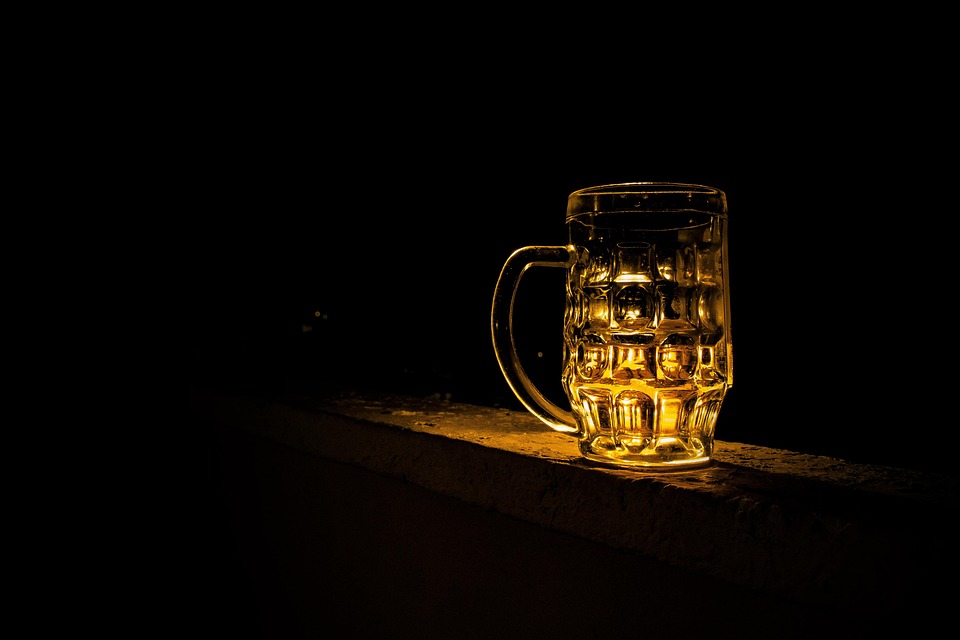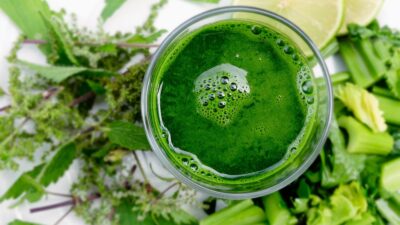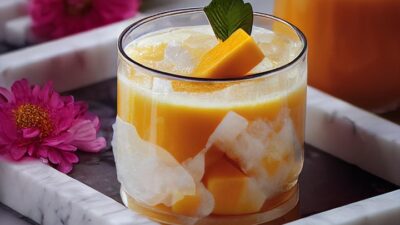In recent years, the conversation surrounding sustainability has permeated every sector, and the beverage industry is no exception. With the increasing awareness of environmental degradation and its implications, eco-friendly brands are stepping forward to revolutionize how we consume drinks. These companies not only focus on offering tasty beverages but also prioritize sustainability in their production, packaging, and overall business practices. Here’s a look at how these brands are redefining the beverage landscape.
The Rise of Eco-Conscious Consumers
Today’s consumers are more informed than ever, actively seeking brands that align with their values. They demand transparency and responsibility, favoring products that minimize environmental impact. This shift has led to a burgeoning market of eco-friendly beverages, including organic juices, plastic-free wines, and sustainably sourced coffees.
Key Strategies for Sustainability
1. Sustainable Sourcing
Many beverage brands are committing to sustainably sourced ingredients. That means ensuring that agricultural practices do not deplete resources or harm ecosystems. Brands like Waiakea Water prioritize water sourced from ethical, volcanic springs and engage with local communities to protect water sources.
2. Innovative Packaging
Packaging waste is a significant contributor to environmental problems. Companies like Boxed Water Is Better are leading the way with cartons made from paper sourced from responsibly managed forests. Others, like Canned Wine Co., promote aluminum cans for their recyclability and lower carbon footprint compared to glass bottles.
3. Carbon Neutral Initiatives
Some brands are going the extra mile by adopting carbon-neutral practices. For instance, Patagonia Provisions focuses on regenerative organic agriculture and offsets their carbon footprint through various environmental initiatives, making sure their operations leave a negligible impact on the planet.
4. Waste Reduction
Waste reduction is another crucial element of sustainability. Brands like Flashfood, which reduces food waste by offering discounted goods nearing their expiry date, have found ways to innovate within their categories while solving larger environmental problems.
Notable Eco-Friendly Brands
1. Oatly
Oatly has made waves in the dairy alternative sector with its oat-based milk. Beyond producing a delicious product, they emphasize sustainable farming practices and minimal processing, significantly reducing greenhouse gas emissions compared to traditional dairy.
2. BrewDog
Known primarily for its craft beers, BrewDog has committed to becoming carbon negative by 2024. Their investment in renewable energy and dedicated tree-planting initiatives showcases their commitment to reforesting efforts.
3. Rooibos Limited
This South African brand focuses on rooibos tea sourced from local forests. They work closely with farmers to ensure sustainable agricultural practices while supporting community development initiatives.
4. Brewgooder
This Scottish craft beer brand donates 100% of its profits to clean water projects in developing countries. Each beer sold contributes significantly to efforts addressing global water scarcity, promoting social sustainability alongside environmental focus.
The Future of the Beverage Industry
The push towards sustainability is poised to accelerate in the coming years as consumers continue advocating for change. In addition to eco-conscious brands, established players in the industry are also beginning to make greener choices, re-evaluating their supply chains and packaging solutions.
Educating Consumers
A critical component in this transition is educating consumers about the impact their choices have on the planet. Many brands are investing in awareness campaigns, helping shoppers make informed decisions as they navigate the plethora of options available on the market.
Collaborations and Industry Standards
Collaborative efforts among brands can further amplify the impact of sustainability initiatives. By uniting to set industry standards and share best practices, these companies can work towards meaningful change and encourage smaller, emerging brands to adopt similar practices.
Conclusion
As the beverage industry evolves, the rise of eco-friendly brands is a testament to a growing movement dedicated to sustainability. These innovators are shaping a future where sipping responsibly is the norm, not the exception. With their commitment to sustainable practices, transparency, and community engagement, they are challenging us all to rethink our consumption habits and pursue a more sustainable lifestyle—one sip at a time.



